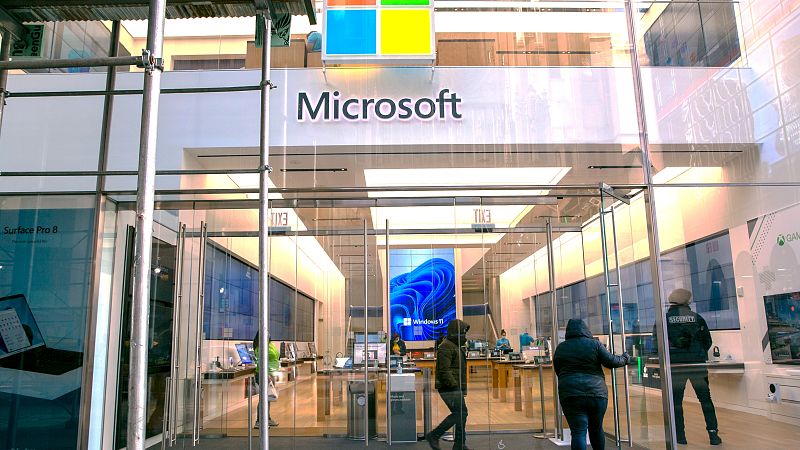Big tech too influential over AI standards, warns report

Big tech companies are disproportionately involved in the drafting of EU recognized standards for artificial intelligence tools, a report by campaign group Corporate Europe Observatory (CEO) claimed.
The report identified that more than half (55%) of the 143 members taking part in the joint technical committee on AI (JTC21) – set up by the European standardisation bodies CEN and CENELEC – represent companies or consultancies, with 54 of the former and 24 of the latter.
Of those, almost 25% are corporate representatives from US companies, including four members each from Microsoft and IBM, two from Amazon and at least three from Google.
By contrast, the participation of civil society is limited: making up only 9% of JTC21 members, which, according to CEO, raises concerns about inclusivity in the standard-setting process.
The AI Act, the world’s first attempt to regulate AI via a risk-based approach, was approved last August and the provisions will gradually start to apply.
The European Commission asked CEN-CELENEC and ETSI in May of 2023 to prepare the underlying standards for industry, which will apply to products ranging from medical devices to toys. With those harmonised standards, a company can ensure that its product complies with the essential safety requirements set out in EU rules.
"The European Commission's decision to delegate public policymaking on AI to a private body is deeply problematic. For the first time, standard setting is being used to implement requirements related to fundamental rights, fairness, trustworthiness and bias,” says Bram Vranken, Corporate Europe Observatory researcher and campaigner.
The report argues that the AI Act has a business-friendly approach where complex and fundamental rights questions are left in the hands of standard-setting organisations.
National standard-setting bodies
Standard-setting organisations tend to focus more on a process than a specific outcome. “This can be unsatisfactory in that it tends to make enforcement of an outcome harder,” said JTC21 Chair Sebastian Hallensleben in the report.
An AI system might have a CE mark, which companies receive by following processes defined in the harmonised standards, but that won’t guarantee the AI system won’t be biased or discriminatory, he said.
In addition, CEO looked at membership of national standard-setting bodies working on AI in France, the UK, and the Netherlands. In these countries, the share of experts representing corporate interests is respectively 56%, 50%, and 58%, according to the report.
The Commission said in response to CEO's concerns that the standards delivered by CEN-CENELEC "will be subject to an assessment by the European Commission and will be cited in the Official Journal only if they properly address the objectives of the AI Act and adequately reflect the requirements for high-risk AI systems."
"Additionally, a number of other safeguards exist to ensure some control over the process, such as the possibility for Member States and the European Parliament to object to harmonised standards," the statement adds.
In an interview with Euronews published last month, a senior official at the Dutch privacy watchdog Autoriteit Persoonsgegevens (AP) – the incoming national AI regulator – warned that the process to set up standards will need to be faster and that time “is running out”.
“Standardization processes normally take many years. We certainly think that it needs to be stepped up,” he said.
The chair of ETSI, Jan Ellsberger, told Euronews when he took office in August, that it could take months to several years before standards are adopted.
“Standardisation is a voluntary request from the industry. The more commitment we have from the industry the faster it goes,” Ellsberger said.
Today

